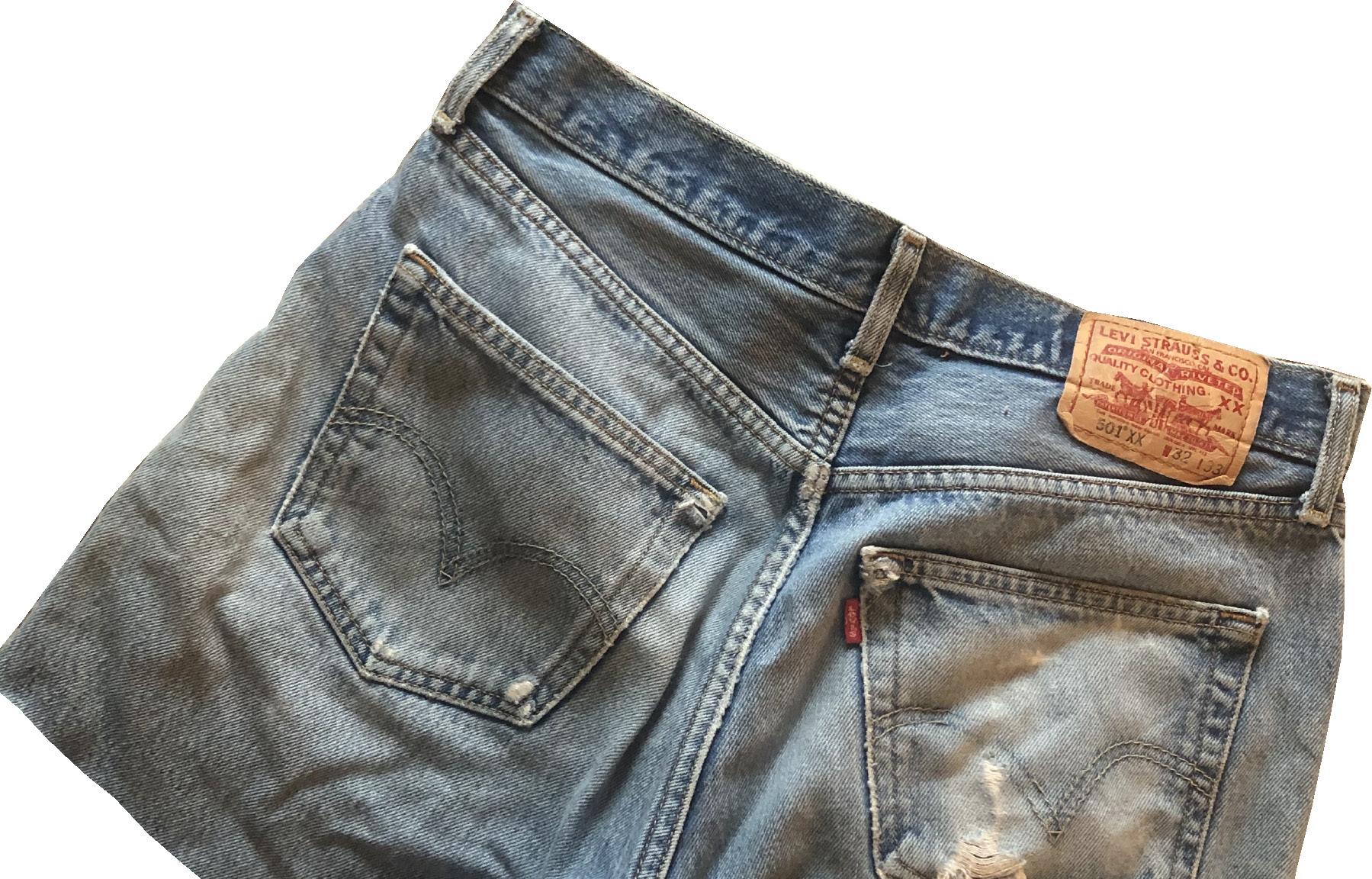
11 minute read
How Social Media Improved my Mental Health
How Social Media How Social Media Improved my Improved my Mental Health in Mental Health in a Pandemic a Pandemic

Advertisement
Written by Marilyn Bolderman Designed by Autumn Bell
In the time of isolation and self-reflection during 2020, many began to realize that social media was toxic. I began to realize that too, until I found its silver lining: a community of Instagram accounts and artists dedicated to self-love and self-improvement.
Photo via @goodhumansonly
We’re Not Really Strangers
@werenotreallystrangers takes to the streets and turns everyday sights like doors, signs, and cars, and turns them into billboards toting statements that make you stop to think. To think about the way you treat others, about letting go, about being emotionally available, and above all, about loving yourself and only doing things that are going to improve yourself and the way you see others.

Good Humans Only
@goodhumansonly was created with the goals of making a “world of people who feel good & give a f**k.”. Their feed is full of gentle reminders like “you are enough as you are right now,” “judge yourself less for having feelings,” and “being a good human does not = you can take advantage of me.” Sometimes it only takes one sentence to sum up a world of feelings.
When I was struggling to find that silver lining in every day, these accounts became a place where I could find a small reminder that the world is still full of good people, even though it doesn’t always feel that way. Art is meant to be shared, art can help heal and art can make you uncomfortable, and I think that’s the beauty of it all. It sounds crazy, but without seeing the positive messages or striking advice I wouldn’t have been exposed to the things I needed to in order to grow. Social media is powerful and can have a positive impact on your life if you let it. When you start seeing what is worthy of your time and attention on your feed, you’ll never go back to wasting time and energy on those who don’t (I’ve found this applies for real life too). Someone is always going to unfollow you or not like what you post or think you’re not pretty or cool enough—there’s always going to be someone who doesn’t see your worth, but that doesn’t decrease your own value.. I encourage you to check out these accounts, you might just read something you’ve been needing to hear.
We the Urban
@wetheurban is also dedicated to sharing the tough things you need to hear while also “celebrating inclusivity, self-love, & marginalized voices.” My all-time favorite post from the account states “focus on what you can control” which was certainly the biggest lesson I had to learn last year.
The Unsent Project
@theunsentproject is my favorite Instagram account of all time. The Unsent Project is a collection of unsent text messages to first loves. Each post is a small glimpse into stories of love, heartbreak, and everything in-between. The archive of submissions is a work of art, categorized by what colors people see love in. This account is not like the others, but still can teach a lot in its own way. Showing that feelings are made to be felt, heartbreak is a universal experience, and healing is not linear.

with Bonetta Spratley
Long-Term HIV Survivor, Warrior, and Advocate WRITTEN and DESIGNED by Olivia Miller
Bonetta Spratley has a comforting face from the moment you see her, a stranger you’d feel safe asking for help and know she’d take care of you. She is a 52-year-old black woman standing at a height of 5’6”, with a short black-haired bob, rectanglerimmed glasses, and a youthful complexion. She’s a mother of two and an avid fan of jazz music and musicians such as Jeanette Harris and Boney James. She laughs often in conversation and radiates the kind of confidence only a wise woman knows. She has also been living with AIDS for over 30 years.
Spratley grew up in Hopewell, Virginia with parents who were strict from the day she was born or as she described it, “Papa don’t take no mess.” Her father ran a bootlegging business, years before the lottery came out, running numbers, alcohol, and drugs, but not in the typical way one might imagine it. He dressed like an insurance man, as she remembers, and used the money to help members of the community who were struggling financially. Spratley was oblivious to her father’s occupation until years later, something her mother, a secretary at the local church, kept tightly under wraps. “We were asked at school “what do your parents do? And she [her mother] would always say “don’t tell nobody what your daddy do,” well, I don’t know what my daddy do,” she remembers with laughter, “I wasn’t curious about what he was doing.”
Spratley’s upbringing was filled with after school activities like piano lessons, gymnastics, and Girl Scouts. Although she was kept busy, she wasn’t allowed to hang out with other kids often, due to her dad’s strict parenting. “I had to be in before the streetlight turned on and we really couldn’t leave off of the block,” said Spratley. Eventually as she grew older, her parents granted her more freedom and Spratley gained a newfound sense of independence.

Spratley and her best friend, who remains her best friend to this day, began saving their lunch money to buy marijuana. Marijuana eventually transpired into drinking and by the time she was in high school, she’d watched a cousin snort cocaine and decided to try that, as well. This was during the mid-eighties, right around the time the crack epidemic began. She, then, started dating a boy in a neighboring city who abruptly stopped communicating with her. Spratley found out he had been using crack and became curious about the drug. “Well, now I want to try to see why it caused him to want to not be around me anymore or maybe if I did this, he’d want to be with me,” she said.
Spratley began using crack casually which suddenly turned into an every-weekend activity. She found a stash of money in her father’s closet and started taking the money to buy drugs. She later discovered he was saving in case he was incarcerated. “I’m the popular girl now so it kind of supplemented for the years that I couldn’t hangout…I’m being fed these feelings of acceptance and you’re the “it” girl which kept me going for some time.” Before she knew it, she was addicted to crack. “It was slowly taking me into a place that cost me a lot.”
Soon after, her father and her then boyfriend (now husband) got busted and went to jail. Her habit, now out of her control, resulted in her trading sex for drugs which is where it “all blew up,” she said.
In October of 1990, Spratley’s cousin convinced her to come to Job Corps, a residential job training program for young adults. Upon being admitted, a nurse conducted an STD panel on each new incomer. Spratley remembers the nurses mentioning HIV. She was out of touch, due to her drug habit, and only thought of HIV as a disease that affects gay, white men, as it hadn’t infiltrated all demographics by that time.
A few days later, while in a class at Job Corps, a nurse called Spratley into her office over the intercom. She anxiously walked across the campus, remembering that she had taken that test. The nurse asked if she had ever heard of HIV and proceeded to share the life changing news that she had tested positive.
The nurse swiftly left the room and gave Spratley “her time.” There was no counseling or case management, an action Spratley remembers as an example of what not to do in her job today when dealing with people who have newly tested positive. Away from all of her family, Spratley cried for three days and thought “wow God, here I am taking this step to get my life together and then boom.”
In the 1980’s, a positive HIV diagnosis was quickly fatal. She struggled with finding a doctor willing to take her on as a patient but once she did, she began receiving treatment. As her mother couldn’t consistently afford the medications Spratley needed, her health declined as HIV weakened her immune system.
During a period without medication, she was admitted to the hospital in 1991 with a bad case of the flu, which was her first of several near-death experiences. In 5 short days, Spratley’s health declined so rapidly that she was taken to the hospice wing and the doctors had told her mom to begin funeral preparations. A cousin had come to visit her in the hospital and introduced Spratley to the “laying on of hands,” a Christian practice of touching in order to invoke the holy spirit over prayer. She immediately noticed her health improving and two days later, she left the hospital healthy as ever. Spratley remembers “had it not been for God, I would not have made it.”
After gaining her strength back, Spratley was still trying to kick her drug addiction. She had slowed down on taking the drugs but couldn’t stop completely. Her mother convinced her to go to rehab in 1993, where she met her first husband. Three years later in 1996, they welcomed their first child, Lindsey, followed in 1999 by another daughter, Lauryn, both HIV-negative.
Spratley jokingly cheers when she shares about her daughters, now 24 and 21, as she discusses raising them. She claims having children is the
biggest accomplishment of her life because she never thought she’d be able to get pregnant. She remembers the earlier years of their lives when she’d pray that she’d live long enough to raise them. “Please lord, let me raise my daughters, I didn’t want anyone else to have to do that,” said Spratley.
Spratley recalls being a new mom and the outside struggles that made it even more difficult. She was in a domestically violent marriage with her first husband and then two months after the birth of her second daughter, Spratley’s mother passed away from cancer. She gets choked up remembering her mother, who she attributes to being her most positive influence.
“I watched her just overcome and go through so much as a woman,” said Spratley, “and then to put up with me and potentially almost lose me to drugs and then HIV and to still hold her head high and be able to go through life and be the outstanding woman that she was. I wish she were here to see me and celebrate the woman that I’ve come to be.”
In 2002, Spratley’s new case manager asked her to do her first speaking engagement, the start of her HIV advocacy. Her case manager had an HIV ministry and saw Spratley’s potential. This woman reminded Spratley of her mother, so she agreed and once she began, she couldn’t stop. At first, she spoke in schools, women’s shelters, churches, and jails which years later became the South Carolina state house and eventually, Capitol Hill.
“Once I had a taste of that, it excited me. It ignited something in me to say, “this is your passion.” I liked the impact I saw it make,” said Spratley.
In 2006, she divorced her first husband and three years later, she moved to South Carolina where many doors opened for her. After working several positions, she was offered the job of medical case manager, something she’d always dreamed of so that she could help others living with HIV.
“All of the experiences that I had gone through for all of those years, I now get to use them and share them with other people like myself and empower them, and encourage them, and let them see someone that has years and years and years of experience and that I’m still here and there’s life after your diagnosis,” said Spratley, “… most of the time when I’m done engaging with someone, their mouths are open because most of them don’t have anyone they can share their experiences with. They’ve been living literally in silence about their diagnosis.”
Spratley committed her life to breaking that silence. She has continued her career as an HIV advocate and currently works with “A Family Affair Living Our Best Life” as a program assistant and as a content contributor and moderator for the “S.E.E.D.S. of Healing” nonprofit in Wilmington, North Carolina. She temporarily lives with her brother, his family, and her two daughters in North Carolina. Spratley got re-married in 2012 to the man from her youth, who paralleled Spratley’s transformation following his release from jail. She remains positive about living with HIV, attributing her career to her diagnosis.
“All of the bad things that anybody could say about this ‘ole crackhead, I’ve already said ‘em. But the doors that have been opened for me, and to not have gone to college, and still have been afforded positions that you needed a college degree for…” said Spratley as she shook her head in disbelief, “I can’t really say anything bad about HIV. It gave me a life; it gave me a career. All of my networks, and friends, and opportunities. I could not have potentially done this had I not been diagnosed.”










